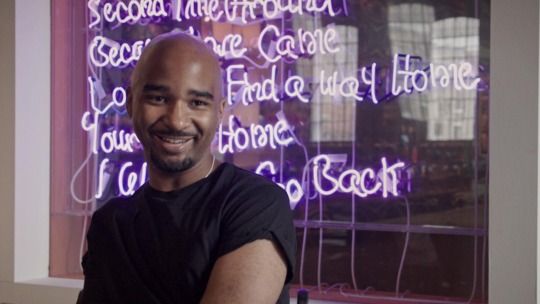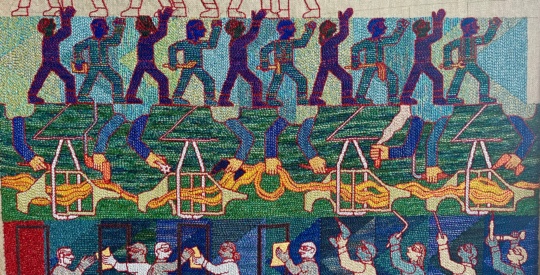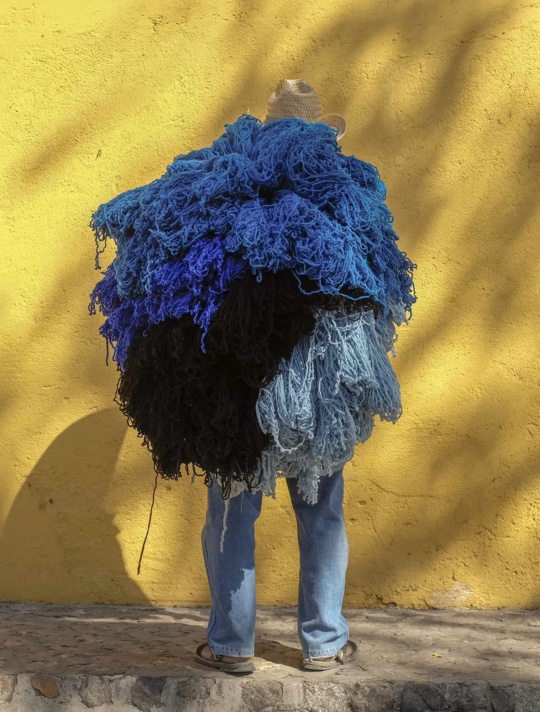[cont.]
One thing was for certain: her lovers’ side of this equation was much more alike than either of theirs to hers. Both were younger, very rich, very demanding. Her opposites. Opposites attract. Madison, like Barbara, was more than fascinated by the differences. She was unnaturally interested in prying into Maggie’s past, wanting to know everything single thing about her. Every new love wants to submerge itself in the other, but this was different. It was invasive. Her lovers seemed like they wanted to scrape off every scab and watch her bleed. When each in turn pressed for more and more details, she would shift the narrative: she would ask them a question and listen attentively. And that generally worked. Fortunately, both of them loved to talk about themselves, about every slight and bad experience they had ever had, as if pain made life real. Most people love to talk about themselves. But neither of them was stupid and they surely did not like taking no for an answer, however it was sugar coated. Neither would accept that there were parts of her life she didn’t want to share with anyone and they were relentless.
Maybe her reticence, her cryptic responses were part of what fascinated them.
The ancient Greeks understood human nature so well. How loving Jason because he was different and cavalier about her culture’s rules so quickly flips for Medea into resenting and despising him for those same attributes. That flip applied to so many human behaviors. The clearest example is the Greek sense of hubris: the qualities which made individuals strong and successful also rendered them vulnerable and defeated. That flip was woven into their mythology: the Janus head – two connected faces with opposite expressions, inextricably interconnected, like fingers stuck inside a woven Chinese finger trap, the two sides of a coin. And those flips shaped Western thought: the continuum between good and evil, thesis and antithesis, matter and anti-matter, forming a long line of polarities, dualities: yes no. hot cold, happy sad, black white, peace war. Love hate. Begin end. A list as long as language itself. All of these pure absolutes and their obligatory opposites, their evil twin. Did any of them exist in nature or were they all constructs of our minds, just word games initiated by wealthy Athenians as exercises in rhetoric? Manufactured order, a way of clarifying through designation, little kernels of imposed reason adrift in the churning muck of chaos? Everything resides in increments between these perfect, mythic poles. And despite the intensity of her torment, she was all too aware that nothing about her situation was new. Like each new batch of youngsters discovering their genitals and thinking sex was something rare and unique to themselves, nothing was new. The patterns of behavior were set long before the bison were drawn by hunters on the walls of Lascaux.
Like Barbara, Madison had pursued her. Maybe that was the problem: having someone else select her and not making the selection herself. Walking up to a stranger and flirting – well, that dog won’t hunt. As she had told Odessa shortly after they adopted her and Odessa was encouraging her to socialize, trouble came to her, she never had to go looking for it. Maybe that was the problem: viewing relationships as trouble.
Looking at her hands, the cuticles beginning to creep down over the nails in need of attention, she asked herself, do these represent the problem? Was her lack of attention the something about her which made wealthy women think they could transform her, like Pygmalion with Galatea? Or maybe they read this inattention as passivity: a vessel to be filled. A wind up jack in the box, a puppet on a string. Did she really look broken, so unsure of herself, all of her vulnerabilities exposed and magnified, begging for someone to save her? Who knew? Dennis was right that relationships are complicated. Hold them to the light in one direction and they imply one set of truths. Hold them in another, and a completely different set of truths pops up. The answer depends heavily on the framing of the question. And all of the questions seemed equally valid at the time they were posed. Each conclusion might be accurate but individually was not sufficient to explain the whole. Maybe wanting a whole was the problem. We want what we can’t have.
As she went through the sign-in sheet, adding the new addresses to the email program, posting new images to all the social networking sites, she mulled over last night and how Madison had spent most of the evening telling her what she should do.
“You can’t work for your aunt forever. You’re too smart to be a gallery assistant much longer. If you want to run a gallery, you’ll need to get into an MBA program and understand the nature of business. Think of the fun we could have with a gallery.”
The more Madison outlined what to do with a gallery, the more Maggie realized that Madison viewed the art world as an excuse to party and make connections for her new PR company. Maybe because she’d just opened the firm, a business model was the lens she used on everything. Business classes, though, could never teach her Odessa’s sense of which artists to exhibit. That took an eye, not only of quality but of marketability. Maggie was just beginning to develop that. And selling art was not like selling milk. No one needed art for stronger bones. You had to draw the collectors into the magic of the work, into the need to seek a different kind of truth and revel in it. Business classes might be able to hone her bookkeeping skills or treat art as another investment tool but somehow to Maggie, revealing the magic of art and the worlds it opened up was more of a calling than a teachable skill.
Just Like Suicide pt. 18
Related Stories
Art21 x Burnaway
Features
Reviews
The Incredulity of Jacolby Satterwhite
In April's Art21 x Burnaway feature, we enter and explore the resurrection, rebirth, and regenerative quality of Jacolby Satterwhite's virtual worlds.
Weaving Work: On the Tapestries of Tabitha Arnold
Lina Alam profiles the spiritual allegories and the labor of weaving works created by Chattanooga-based artist Tabitha Arnold.
Mapping the Body at FotoFest’s 2024 Biennial, Houston
Rosa Boshier González explores how three artists on view during FotoFest's 2024 Biennial in Houston have mapped histories of movement onto the body.




